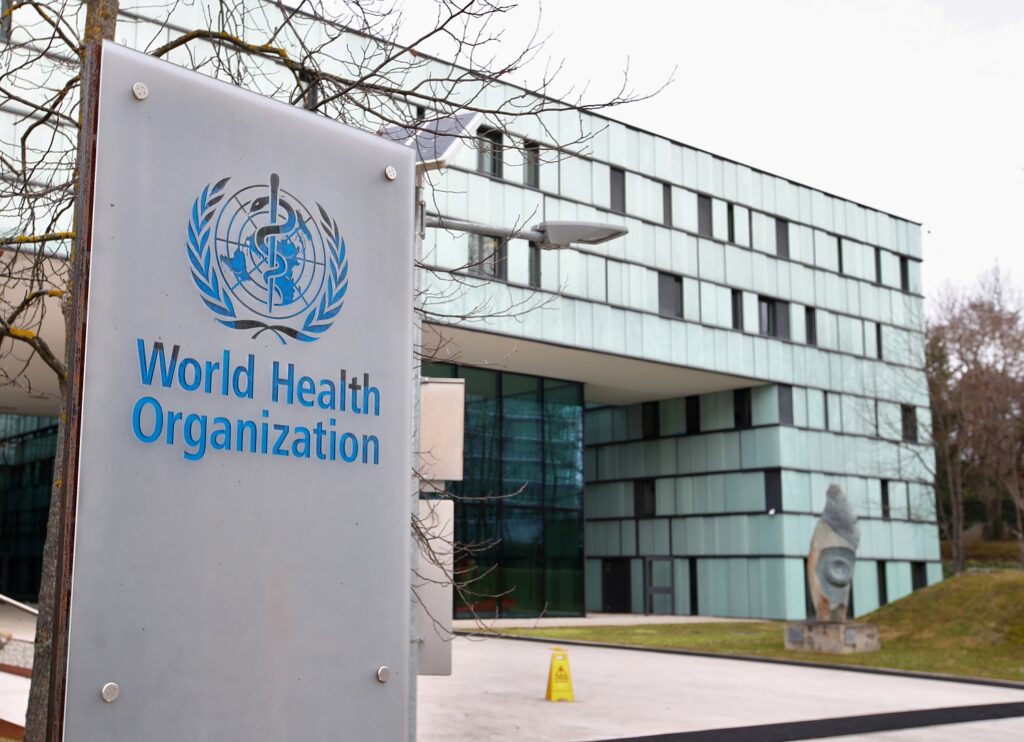

While a few grams of salt are a very necessary part of our dietary intake, excessive salt consumption has been linked to adverse health issues such as kidney stones, high blood pressure and cardiovascular disease.
Though it has long been argued that salt is bad for one’s health, research indicates that when ingested in moderation, salt is useful for the maintenance of plasma volume, acid-base balance, transmission of nerve impulses and normal cell function.
This, however, does not dismiss the possible havoc that excessive salt consumption can wreak.

That’s why this week has been recognised across the world as Salt Awareness Week.
According to the World Health Organization (WHO), an estimated 2.5 million deaths worldwide could be prevented each year if global salt consumption were reduced to the recommended level, with adults and children consuming less than five grams (just under a teaspoon) of salt per day.
Though not an impossible feat, the real problem with controlling one’s salt intake lies in the fact that the presence of salt in the diet is often unknown, because many people consume processed, restaurant or convenience foods which already contain salt, in addition to adding salt in the preparation of homecooked meals.

The WHO argues, however, that the key to striking the balance as it relates to salt intake, is not just a ‘one man’ job. Instead, government officials, members of the private sector and consumers alike must each play their part in ensuring that:
- Food manufacturers are held accountable for their production of healthy and affordable products.
- Healthier products are not just available but also accessible.
- They are educated as to the importance of reducing excess salt intake in the diet.
The consensus, therefore, is that while dietary salt intake may be beneficial when taken in moderation, it could also prove harmful when salt intake exceeds recommended levels.







Comments